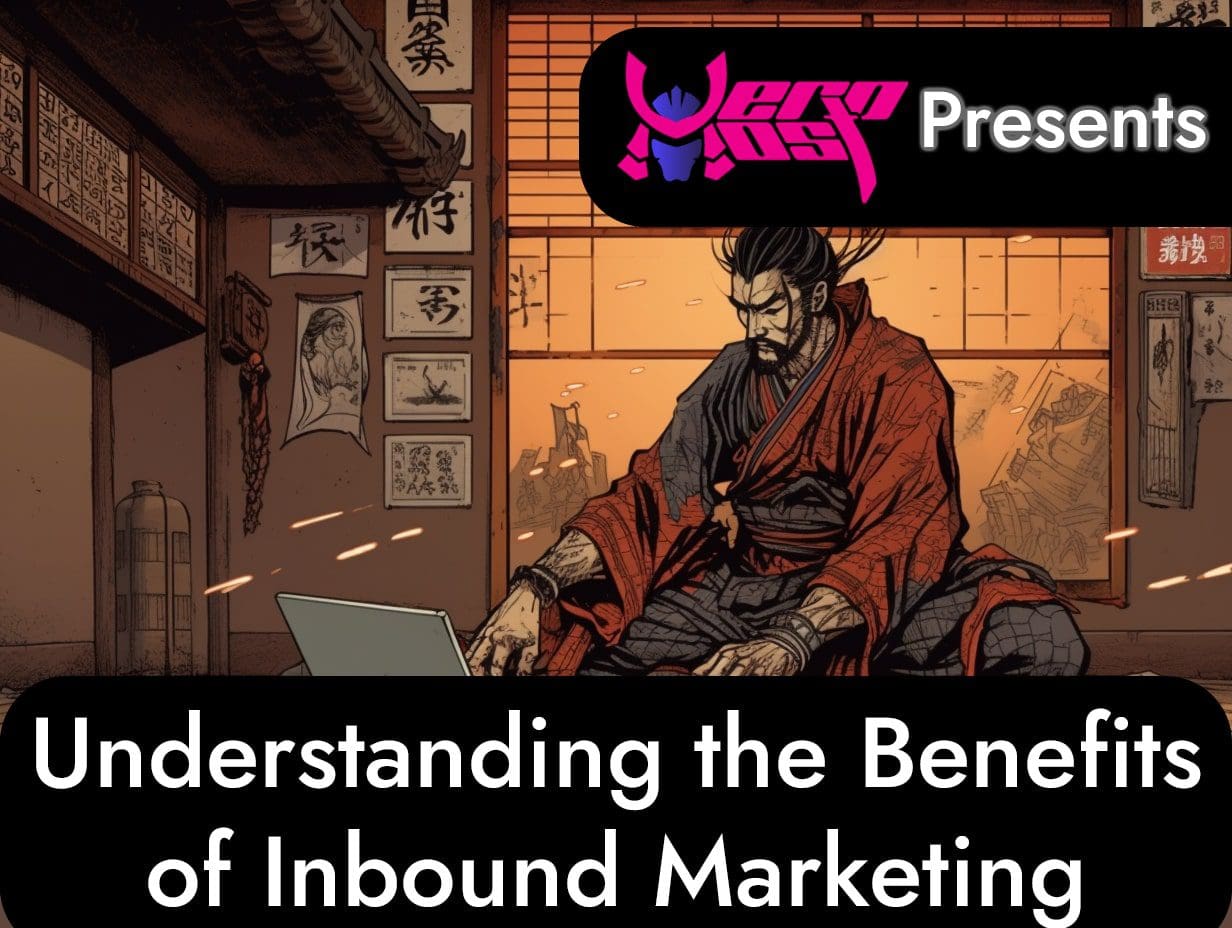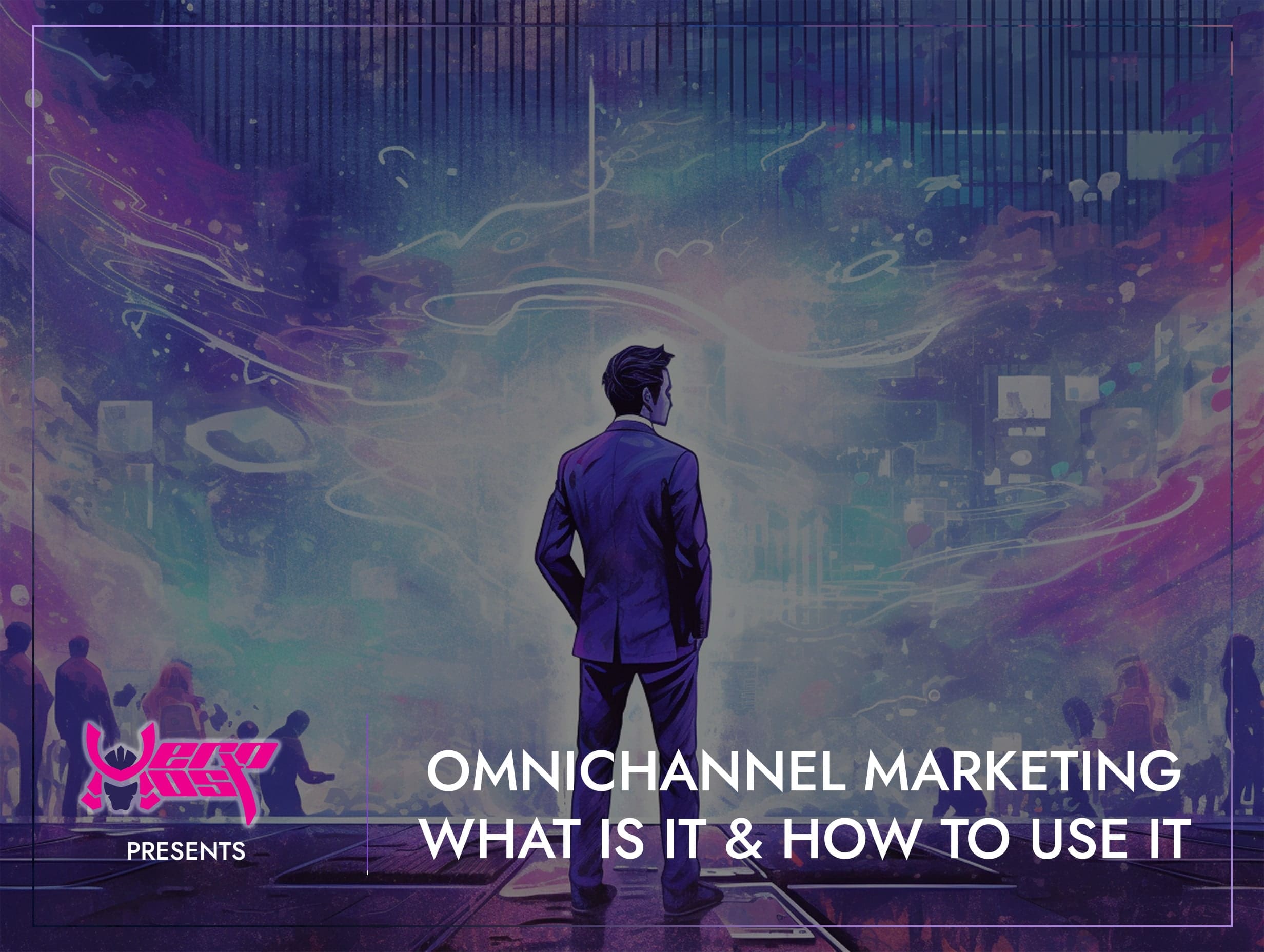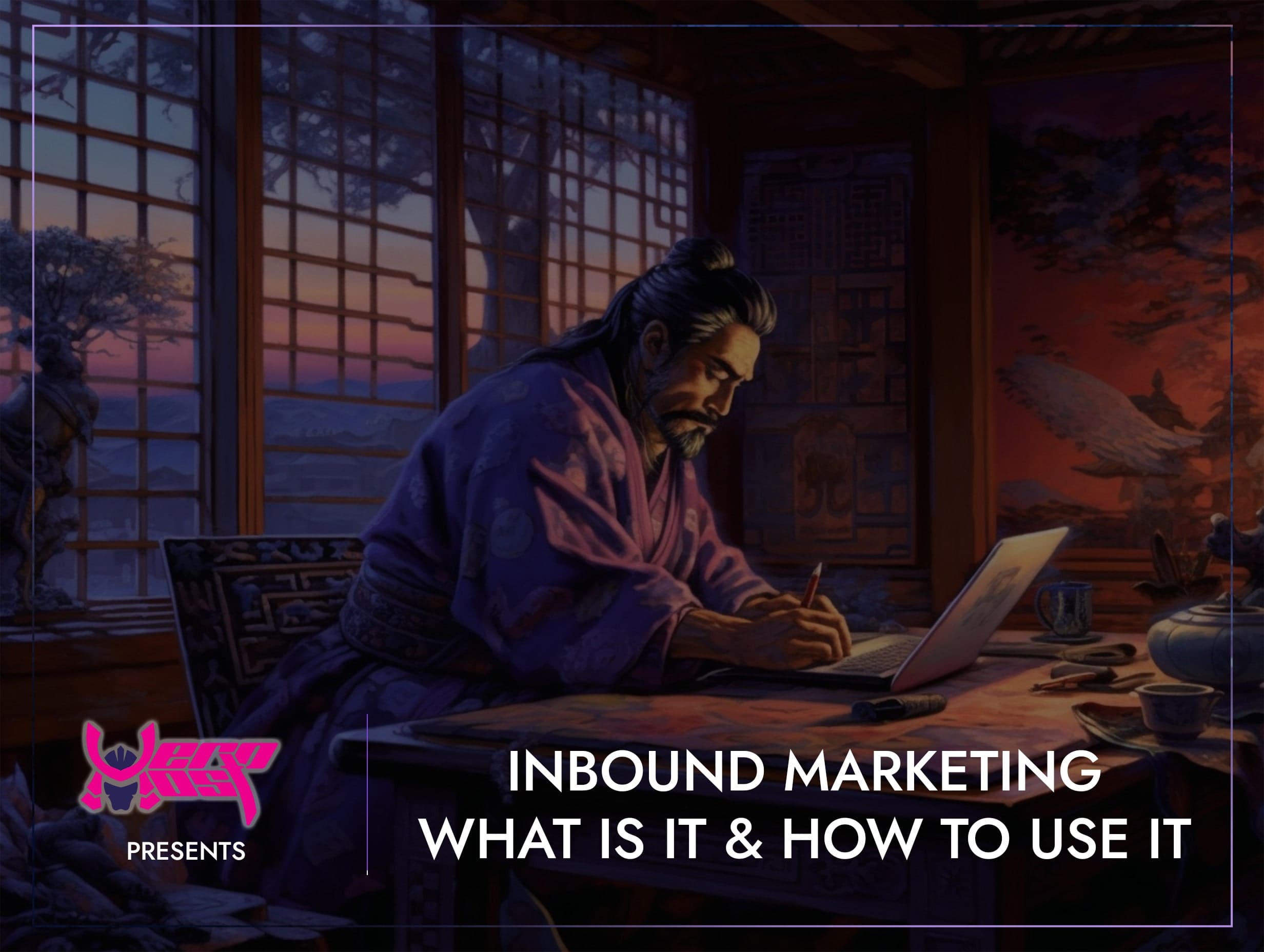Understanding The Benefits of Inbound Marketing
- Home
- Inbound Marketing
- Understanding The Benefits of Inbound Marketing

- Mikey Ryu
- October 3, 2023
- 0
Understanding The Benefits of Inbound Marketing
The Benefits of Inbound Marketings
In today’s fast-paced digital landscape, marketing strategies are constantly evolving to keep pace with changing consumer behaviours and preferences. One approach that has gained significant traction in recent years is inbound marketing. Inbound marketing is not just a buzzword; it’s a fundamental shift in the way businesses attract, engage, and delight their customers. In this 1000-word page, we will delve into the world of inbound marketing, exploring its core principles and uncovering the numerous benefits it offers to businesses of all sizes.
The Essence of Inbound Marketing
Inbound marketing is a holistic marketing methodology that focuses on attracting customers through relevant and helpful content and adding value at every stage of the buyer’s journey. Unlike traditional outbound marketing, which interrupts consumers with promotional messages, inbound marketing seeks to build meaningful, long-lasting relationships with potential customers by providing them with valuable information and solutions to their problems.
The core principles of inbound marketing can be summarized as follows:
- Attract: The first step in inbound marketing is attracting the right audience. This is achieved by creating and sharing high-quality, relevant content that addresses the specific needs and interests of your target audience. By doing so, you naturally draw potential customers to your website or social media profiles.
- Engage: Once you’ve attracted visitors, the next step is to engage with them. This involves nurturing these leads and providing them with more valuable content to keep them interested in your brand. Email marketing, social media interactions, and personalized recommendations are common engagement strategies.
- Delight: Inbound marketing doesn’t stop at the point of purchase. Delighting customers is crucial to building loyalty and encouraging repeat business. This involves providing exceptional customer service, offering post-purchase support, and continuously delivering valuable content and resources to your customers.
Benefits of Inbound Marketing
Now that we’ve established the fundamental principles of inbound marketing, let’s explore the various benefits it offers to businesses:
1. Targeted Audience
Inbound marketing allows you to precisely target your ideal customers. By creating content that caters to their interests and needs, you naturally attract individuals who are more likely to be interested in your products or services. This not only increases your chances of conversion but also ensures that your marketing efforts are more cost-effective.
2. Cost-Effective
Compared to traditional outbound marketing methods like TV ads or direct mail, inbound marketing is significantly more cost-effective. Creating and sharing content online, optimizing your website for search engines, and leveraging social media platforms are relatively inexpensive ways to reach your audience.
3. Builds Trust and Credibility
Inbound marketing is built on the foundation of providing valuable content and solutions to your audience’s problems. This commitment to delivering value helps build trust and credibility for your brand. When consumers trust your brand, they are more likely to make purchases and become loyal customers.
4. Improved SEO
Creating high-quality, relevant content is a key component of inbound marketing. This content not only attracts visitors but also helps improve your search engine rankings. Search engines reward websites that provide valuable content with higher rankings, making it easier for potential customers to find you.
5. Long-Term Results
While inbound marketing may take time to yield results, the benefits are often long-lasting. High-quality content continues to attract and engage audiences over time, creating a sustainable source of leads and customers. This contrasts with many outbound marketing tactics, which provide short-term boosts but quickly fade.
6. Measurable Results
Inbound marketing is highly data-driven, allowing you to track and measure the performance of your campaigns with precision. You can analyze website traffic, conversion rates, email open rates, and more to understand what’s working and make informed adjustments to your strategy.
7. Increased Customer Loyalty
By continuously delivering value to your customers through delighting strategies, you can foster a sense of loyalty. Loyal customers are more likely to make repeat purchases, refer your business to others, and become advocates for your brand.
8. Adaptability
Inbound marketing strategies are adaptable to changing consumer preferences and market conditions. If a particular approach isn’t yielding the desired results, you can quickly pivot and adjust your strategy to better suit your audience’s needs.
9. Enhanced Personalisation
Inbound marketing allows for highly personalized interactions with your audience. You can tailor content, emails, and offers to individual preferences and behaviors, increasing the relevance and effectiveness of your marketing efforts.
10. Global Reach
The digital nature of inbound marketing means that your reach is not limited to your local area. You can attract and engage with a global audience, expanding your market and potentially tapping into new international markets.
Case Studies: Real-World Success Stories
To illustrate the power of inbound marketing, let’s take a look at a few real-world success stories:
HubSpot:
HubSpot, a leading inbound marketing and sales software company, has grown to be a powerhouse in the industry. Their inbound marketing efforts, which include blogging, social media, and free educational resources, have helped them attract millions of visitors and convert them into customers.
Buffer:
Social media management platform Buffer embraced inbound marketing from the beginning. Through blogging, content marketing, and social media engagement, Buffer has built a loyal user base and a strong online presence.
Airbnb:
Airbnb’s success can be attributed in part to their inbound marketing strategy. They use user-generated content and engaging storytelling to attract travellers and hosts, creating a community around their platform.
Conclusion
Inbound marketing has proven to be a highly effective approach for businesses seeking to connect with their target audience, build trust, and drive long-term growth. By focusing on attracting, engaging, and delighting customers, businesses can enjoy a range of benefits, including increased customer loyalty, improved SEO rankings, and cost-effective marketing campaigns.
In an ever-evolving digital landscape, inbound marketing offers a sustainable and adaptable approach to marketing that can help businesses thrive in the modern era. As technology and consumer behaviour continue to evolve, understanding and implementing the principles of inbound marketing will be crucial for businesses looking to remain competitive and build meaningful relationships with their customers. So, whether you’re a small start-up or a large corporation, consider embracing inbound marketing as a key strategy for your growth and success.
Search
Categorys
- Branding (12)
- Business Growth Guides (3)
- Business Insights (3)
- Content Marketing (43)
- Domain Authority (19)
- Email Marketing (28)
- Google Analytics & Search Console (5)
- Hack or Not (2)
- Hero Host News (0)
- Inbound Marketing (32)
- Lessons From Asia (40)
- Marketing Guides (11)
- Martial Arts Journey (14)
- Outbound Marketing (8)
- Search Engine Optimisation (SEO) (41)
- Social Media Marketing (38)
- Web Design (20)
- Website Hosting (4)
- Wordpress (2)






